|
BLOG
Korte and Associates
News
GET THE LEGAL ASSISTANCE YOU REQUIRE AT THIS MOMENT
|
Common Eviction Myths Debunked: What Tenants Should Know
Eviction is a stressful and often misunderstood process, leading to confusion and fear for many tenants.
Introduction
Eviction is a stressful and often misunderstood process, leading to confusion and fear for many tenants. Misconceptions about eviction can make an already challenging situation worse, leaving tenants unsure of their rights or what steps to take. In this post, we will debunk common eviction myths to help you navigate this process with confidence and clarity.
Myth 1: “My Landlord Can Evict Me Overnight”
The Truth: Evictions are a legal process that require proper notice and court involvement.
Your landlord cannot simply change the locks, remove your belongings, or force you out without following legal procedures. In most jurisdictions, eviction begins with a written notice, such as a "Pay or Quit" notice for unpaid rent or a "Cure or Quit" notice for lease violations. If the issue isn't resolved, the landlord must file a formal eviction case in court. Only after a court order can the landlord involve law enforcement to remove you.
Key Takeaway: Always respond to eviction notices promptly and seek legal advice if needed.
Myth 2: “If I’m Late on Rent Once, I’ll Be Evicted Immediately”
The Truth: While non-payment of rent is a valid reason for eviction, landlords often must give tenants a chance to catch up.
In most states, landlords are required to give tenants a written notice (e.g., a "Pay or Quit" notice) specifying a timeframe to pay overdue rent before proceeding with an eviction. Some landlords may also be open to negotiating a payment plan, especially if this is your first instance of being late.
Key Takeaway: Open communication with your landlord can help resolve payment issues and potentially avoid eviction.
Myth 3: “Landlords Don’t Need a Reason to Evict Me”
The Truth: In most jurisdictions, landlords must have a legally valid reason to evict you.
These reasons typically include non-payment of rent, violating lease terms, or engaging in illegal activities on the property. However, in states with at-will tenancies or month-to-month leases, landlords may sometimes issue "no-cause" eviction notices. Even then, they are required to provide advance notice, and in many cases, local laws provide additional tenant protections, especially in rent-controlled areas.
Key Takeaway: Know your state and local laws to understand your protections against unfair evictions.
Myth 4: “Evictions Don’t Affect My Credit or Rental History”
The Truth: Evictions can appear on your credit report and rental history, impacting future housing opportunities.
When a landlord files an eviction case, it may be recorded as a public record. If the eviction leads to a monetary judgment (e.g., unpaid rent), it can also appear on your credit report. Additionally, many landlords conduct background checks that include eviction history when screening new tenants.
Key Takeaway: Work to resolve disputes with your landlord before an eviction is filed to minimize long-term impacts.
Myth 5: “If I Ignore the Notice, It Will Go Away”
The Truth: Ignoring eviction notices can escalate the situation, leading to a court order or forced removal.
Failing to respond to an eviction notice means the landlord can proceed with filing a lawsuit against you. If you don’t show up to court, the landlord is likely to win by default, resulting in a judgment against you. This judgment could allow law enforcement to forcibly remove you from the property.
Key Takeaway: Always respond to eviction notices and attend court hearings to present your side of the story. Seek legal representation if necessary.
Conclusion
Understanding the eviction process and debunking common myths can empower tenants to make informed decisions and protect their rights. If you’re facing eviction, remember that you have options: communicate with your landlord, review your local tenant protections, and seek assistance from tenant advocacy groups or legal aid organizations.
Call to Action: Stay informed about your rights and share this post with others who may benefit. If you’re dealing with an eviction, don’t hesitate to reach out for professional legal advice.
CONTACT
8895 N Military Trail, Suite 200C, Palm Beach Gardens, FL 33410
bkorte@kortepa.com

Korte and Associates
This website has been built to be accessible for all users. If you experience any difficulty in accessing this website, please contact us for assistance.

